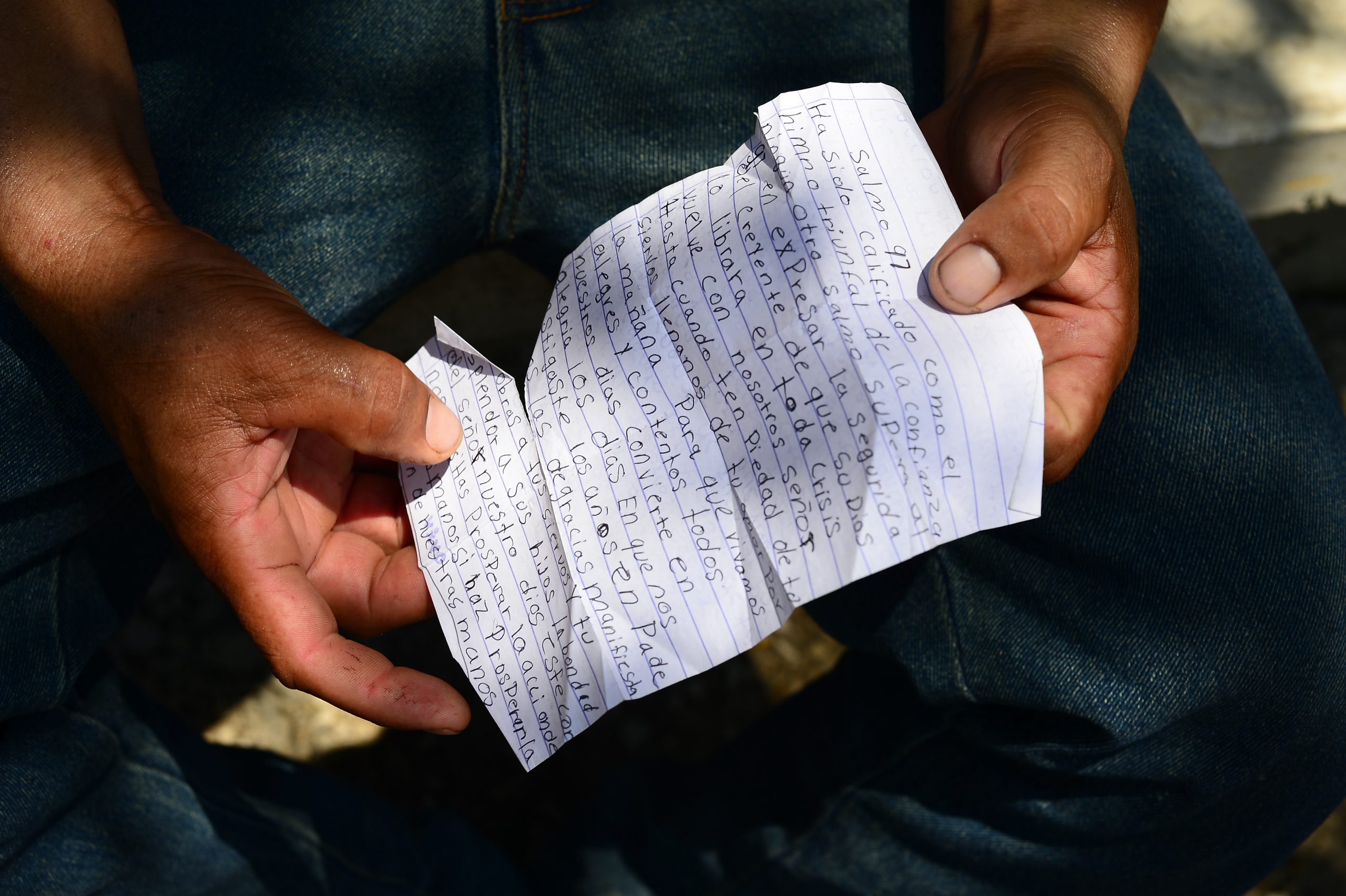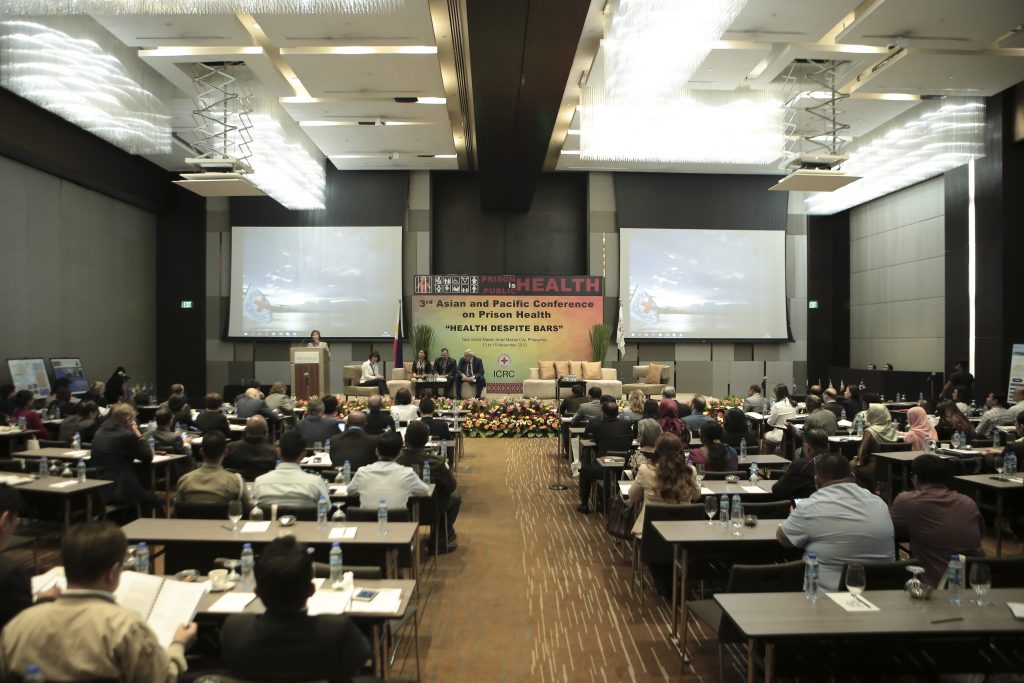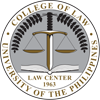The Asia-Pacific Journal of International Humanitarian Law is a peer-reviewed academic journal, produced by the University of the Philippines Institute of International Legal Studies. First published in 2005, the Journal showcases scholarly articles, book reviews, and commentary on significant developments in International Humanitarian Law, and related fields, with a special focus on the Asia-Pacific region. It is published once a year, in print and online.
Editorial Policy
The main objective of the Journal is to provide timely multi-disciplinary analysis on contemporary humanitarian issues arising from armed conflict or other situations of collective violence, from an Asia-Pacific perspective. Each issue shall revolve on a specific theme, and explore other related domains of expertise related to humanitarian policy and action, such as history, sociology, and anthropology.
Manuscripts must be original, unpublished academic work, not currently under consideration for publication by other journals.
Opinions published in the Journal are understood to reflect the individual author’s views only. Persons currently affiliated with the ICRC must ascertain whether a conflict of interest exists, and state whether the submission is made in one’s official capacity. Disclaimers may be added by the Editorial Team, as may be appropriate.
Authors are expected to comply with the Journal’s editorial policy and guidelines. Submissions may be rejected at any stage of the publication process if they deviate from the same policy and guidelines.
Revision and Editing Process
Publication of submissions is not guaranteed, whether solicited or proffered. All submissions shall undergo an initial screening by the editorial team prior to peer review. Manuscripts that provisionally meet the requirements of the Journal are sent to one or more peer reviewers, as may be appropriate. Once the editorial team conducts its evaluation of a manuscript and takes into account the comments of the peer reviewers, a notification of the acceptance, rejection or need for revision of the manuscript is given.
The Journal uses a double-blind anonymous peer review process, with peer reviewers identified based on their expertise. They can include members of the Journal’s Board of Experts, ICRC staff, or scholars invited to review a specific article.
Based on the advice of the peer reviewer(s), the editorial team can either: reject the submission; request that the author revise and resubmit the manuscript; accept the submission subject to mandatory revisions; or accept the submission subject to
minor revisions.
Once updated drafts of submissions accepted subject to revision are received, the editorial team works with the author(s) for final substantive editing, and citation- or fact-checking. The manuscript then undergoes copy editing and type-setting.
Use of generative AI tools
The use of Generative AI Tools for research, writing, and revision of an article is not prohibited by APJIHL, provided that the author discloses said use upon submission to the Editorial Team.
The disclosure should include the name of the Generative AI tool, along with the purpose, description and extent of use, following the format below:
Title of Article:
Generative AI Tool Used:
Purpose of use (e.g. research, writing, revision, others):
Description and extent of use:
The use of tools for basic grammar, spelling, and punctuation checks are not covered by this rule, and therefore do not require disclosure.
Authors are expected to exercise the necessary human oversight over any Generative AI tool(s) used, and are therefore primarily responsible for the factual accuracy of the generated text and proper citation and attribution of the generated information. Authors are also primarily responsible in ensuring that no plagiarism or any form of copyright infringement is committed in the course of using the Generative AI tool.
Authors are liable for any breach of the APJIHL’s Editorial Policy and Publication Ethics, which will be a ground for an immediate rejection. If the breach is discovered after publication, the APJIHL Editorial Team will conduct an immediate investigation and take the appropriate measures, which may involve a retraction of the published article, the issuance of an erratum, and forwarding notifications about this breach to relevant academic or legal bodies as the situation may require.
How to treat editorial comments
Once the author receives his or her draft article from the editorial team with editing notes and comments, it is important that the author goes through these edits and comments as soon as practicable to send the revised draft back within the specified deadline.
Changes: It is important that all changes to the draft be implemented using the “track changes” function, to enable the editorial team to easily identify edits to the previous version.
Areas of disagreement: Should the author disagree with an edit or a comment and he or she does not wish to implement the change in the revised draft, the author should include a comment bubble giving, in one or two sentences, a brief reason for this disagreement and lack of implementation.
Formatting and Citation Requirements for Submissions
Manuscripts should be submitted in Word format in 12 pt Times New Roman font with 1.5 line spacing (including for the footnotes).
- Length: Articles submitted should be between 7,000-10,000 words, footnotes excluded. Opinion notes should be between 5,000-7,000 words.
- Abstract: All manuscripts should be accompanied by a short abstract (less than 100 words) summarizing the main content/argument of the article.
- Keywords: A few keywords should be identified for easy web search and referencing.
- Biography: All manuscripts should be accompanied by a short biography (one or two sentences per author) describing the current function/affiliation of the author. The author may indicate his or her preference for including e-mail contact details with the biography.
Ethics and Malpractice Statement
APJIHL’s Managing Editors are responsible for all final decisions on the publication of submissions. They will be guided by the preliminary review conducted by members of the Board of Experts and the assessment of the two blind-peer reviewers, with due consideration of the topic’s sensitivity and relevance to International Humanitarian Law issues in the Asia-Pacific region. The Managing Editors, with guidance from members of the Board of Experts, are responsible for the selection of peer reviewers, who will review the quality of anonymised articles fairly and free of bias, following academic standards relevant to the practice of international law.
Decisions by the Managing Editors on the review, revisions, rejections, and acceptance for publication are not subject to appeal by authors. Articles may be rejected at any stage before publication in case new information comes to light that casts doubt on the academic integrity of the submission. However, before such a decision is made, the Editorial Team will communicate the situation to the author, who in turn will be given the opportunity to address the issue.
Submissions to APJIHL are treated with confidentiality. Members of the Board of Experts who conduct preliminary reviews and external peer reviewers receive anonymised versions of the submitted articles. To ensure anonymity, the Editorial Board checks for identifying information before sending the articles for review. APJIHL also ensures the anonymity of reviewers. Authors and blind peer reviewers are guided by the Guidelines for Authors and Guidelines for Peer Reviewers respectively. However, APJIHL reserves the right to waive confidentiality in exceptional instances where disclosures are required as part of an investigation of suspected academic or legal misconduct, such as but not limited to plagiarism or intellectual property infringement.
The Members of the Board of Experts and Editorial Team shall disclose any conflict of interest that could affect the fair assessment of a submission and/or the integrity of the publication. Authors are expected to disclose funding sources or other necessary disclaimers in relation to the submission. In cases where a conflict of interest exists, the submission will still be subject to anonymous and independent preliminary review and double blind peer review, as the case may be.
APJIHL will uphold the integrity of the publication by investigating all suspected cases of misconduct relating to submissions, including allegations of plagiarism, copyright infringement, falsified data, or violations of academic standards and research ethics in international law. The Editorial Team will also be vigilant in identifying any such issues as early as possible and will act on all reports of alleged academic misconduct. All issues regarding the integrity of any submission should be reported to the Managing Editors through apjih.upd@up.edu.ph
Publication Ethics
Preliminary Review: Based on expertise on the subject covered by a submission, a Member of the Board of Experts will conduct a preliminary review to assess whether the submission meets the quality standards of APJIHL, and will advise on whether the submission should proceed to double-blind peer review.
Peer Review: APJIHL uses a double-blind anonymous peer review process, with peer reviewers identified based on their expertise. They can include members of the Journal’s Board of Experts, ICRC staff, or scholars invited to review a specific article. The anonymous double peer-review process is there to assist the editorial team in making an objective and substantive critical evaluation of the submissions received for publication and to improve the quality of articles to be published through constructive comments and suggestions. Peer reviewers fairly and independently assess submissions based on the APJIHL Guidelines for Peer Reviewers. Blind peer reviewers must ensure that the gist of their critique or comments are made clear in their comments to authors, and that the comments to the authors and editors respectively are not contradictory, as to avoid confusion when the editorial decision is made. They are also expected to bring to the attention of the Editorial Team any potential ethical issues in the submission under their review.
Publication of submissions is not guaranteed, whether solicited or proffered. Once the editorial team conducts its evaluation of a submission and takes into account the comments of the peer reviewers, a notification of the acceptance, rejection or need for revision of the manuscript is given.
Process of Identification and dealing with allegations of research misconduct
The main objective of APJIHL is to provide timely multi-disciplinary analysis on contemporary humanitarian issues arising from armed conflict or other situations of collective violence, from an Asia-Pacific perspective. Submissions must be original, unpublished academic work, not currently under consideration for publication by other journals. Opinions published in the Journal are understood to reflect the individual author’s views only. Persons currently affiliated with the ICRC must ascertain whether a conflict of interest exists, and state whether the submission is made in one’s official capacity. Disclaimers may be added by the Editorial Team, as may be appropriate. Authors are expected to comply with the Journal’s editorial policy and guidelines. Submissions may be rejected at any stage of the publication process if they deviate from the same policy and guidelines.
The APJIHL Editorial Team will investigate and take the necessary actions on all reports of or the identification of suspected cases of misconduct relating to submissions, including allegations of plagiarism, copyright infringement, falsified data, or violations of academic standards and research ethics in international law.
To prevent plagiarism, all submissions undergo an initial screening using Turnitin. The report generated by Turnitin will be included in the assessment on whether an article will proceed to preliminary review.
If misconduct is discovered after publication, the APJIHL Editorial Team will conduct an immediate investigation and take the appropriate measures, which may be a retraction of the published article, issuance of an erratum, and forwarding the information to relevant academic or legal bodies as the situation may require.
Copyright and licensing
Submissions must be original, unpublished academic work, not currently under consideration for publication by other journals. As part of the submission process, authors will be asked to confirm that their contribution is original and exclusive.
No part of APJIHL as published may be reproduced in any form, or by any electronic or mechanical means, including information storage and retrieval systems, without permission in writing from the author and publisher, except by a reviewer who may quote brief passages in a review. Articles published by the Journal reflect the views of the author alone and not necessarily those of the ICRC, the University of the Philippines, or this Journal. Only articles bearing the ICRC signature may be ascribed to the institution.
Author Fees
The Journal does not charge for submitting, processing, or publishing articles.
Access
The Journal and full articles are available for download on this website for free. Printed copies will also be available for purchase at the University of the Philippines, Law Center Book Room (1st floor Bocobo Hall).
Archiving and Availability
All published editions of APJIHL are available for access at HeinOnline and at the University of the Philippines Law Center Institute of International Legal Studies website found here.
Independence
The Journal is produced and printed through the University of the Philippines Law Center. The Journal does not accept support from other institutions or advertisements.





